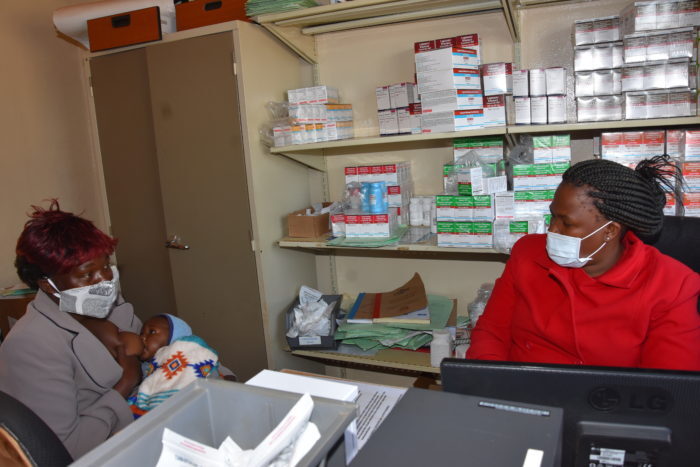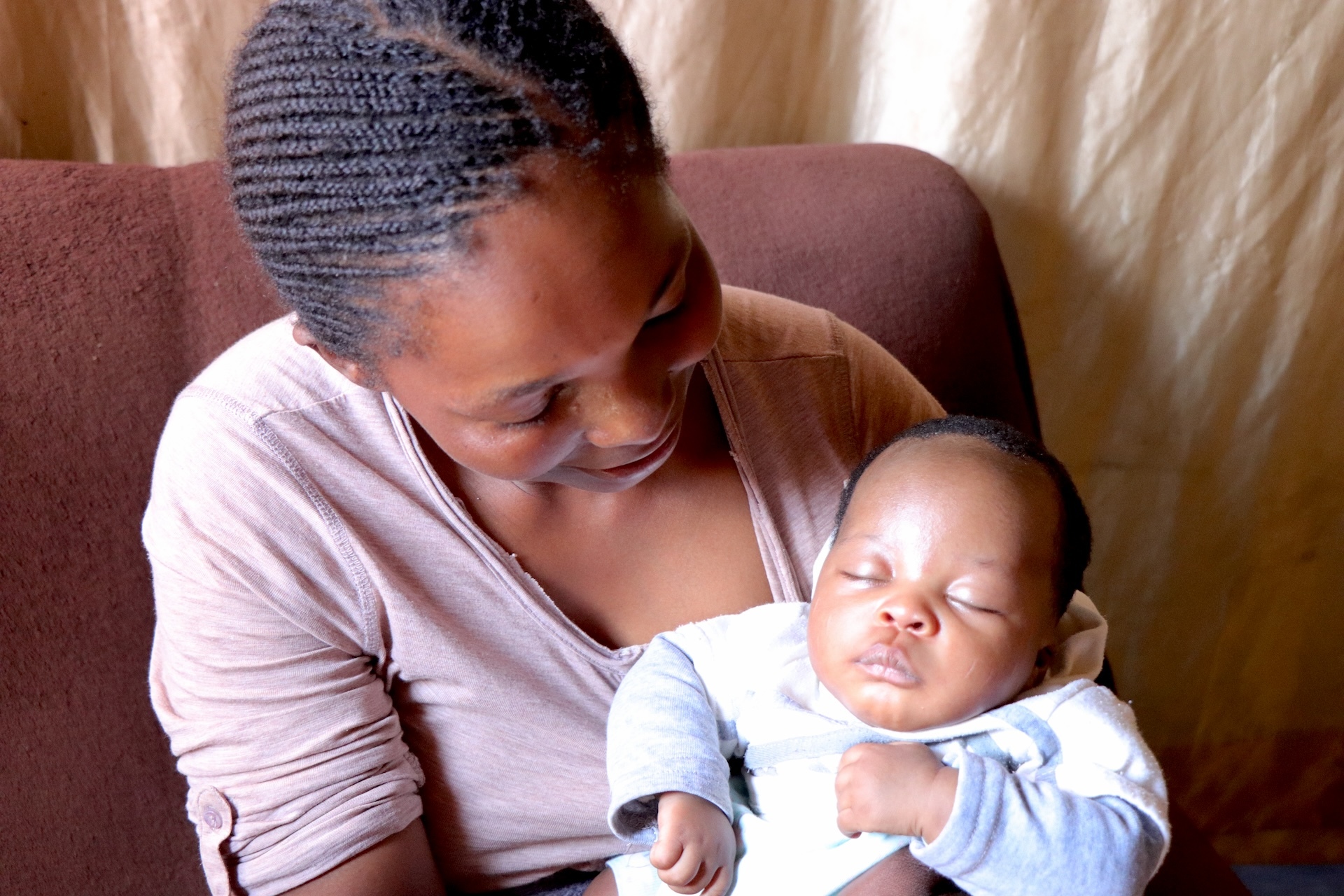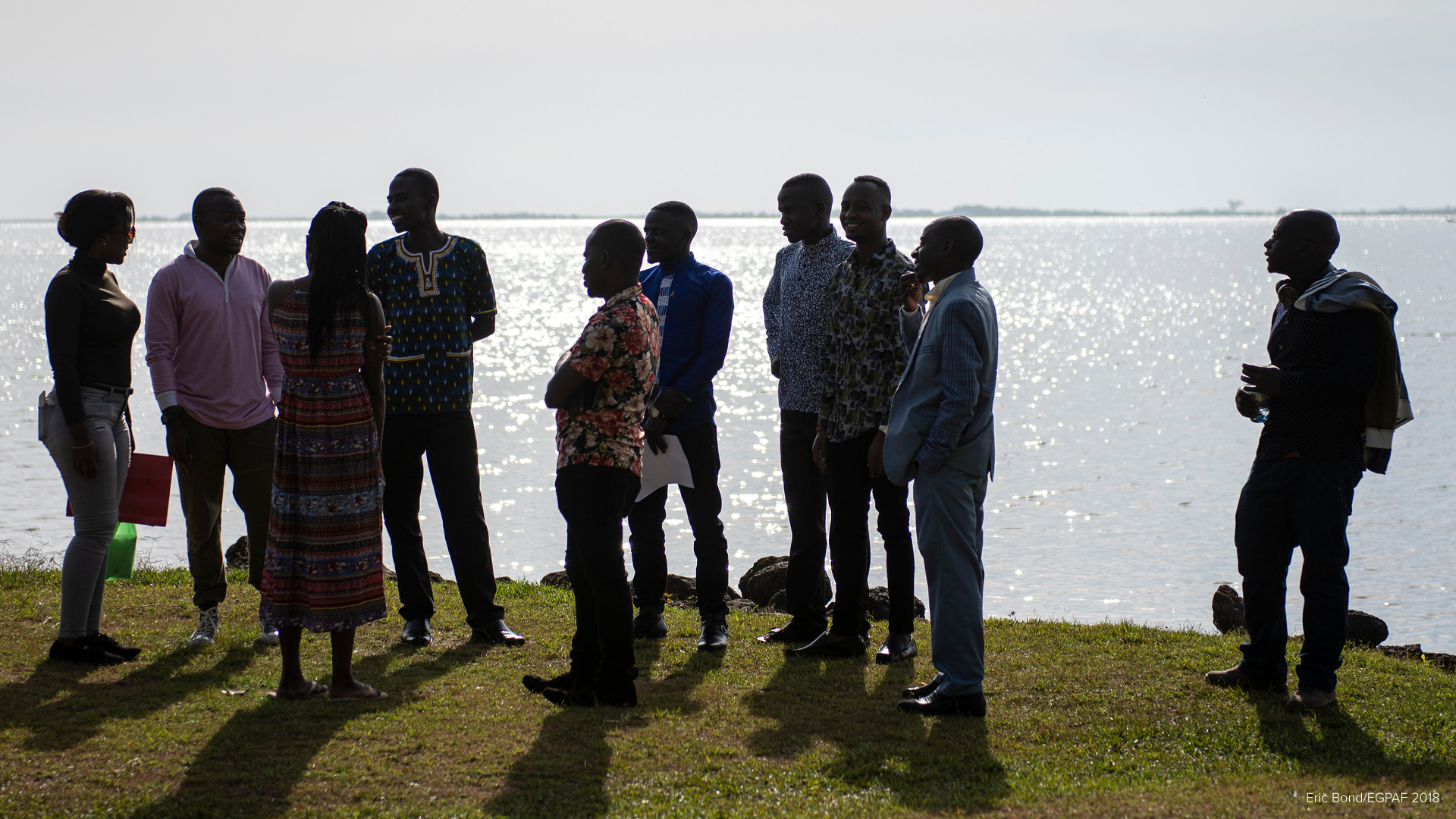 Siphiwe Msibi, 32, lives in Sitjeni, a rural community in eastern Eswatini in the Hhohho region of Eswatini. She recalls that when she was first tested for HIV in 2013, she did not expect that her result would be positive. After all, she had never had more than one boyfriend at the same time and had previously tested negative for HIV during community HIV campaigns.
Siphiwe Msibi, 32, lives in Sitjeni, a rural community in eastern Eswatini in the Hhohho region of Eswatini. She recalls that when she was first tested for HIV in 2013, she did not expect that her result would be positive. After all, she had never had more than one boyfriend at the same time and had previously tested negative for HIV during community HIV campaigns.
On that fateful day she decided to accompany her sick friend to the local health facility, Lobamba Clinic. While her friend was receiving treatment, Msibi decided to take an HIV test to confirm her HIV status, and she was stunned when the test result came back positive.
“I did not believe that I was positive. I felt like something had hit me,’” says Msibi. Although in shock, she started antiretroviral treatment (ART) immediately, as advised by her doctor. Although some people experience side effects after starting ART, but Msibi did not—and this helped her adhere to her treatment.
Two years later, during her first pregnancy Msibi decided to receive her antenatal care at the same clinic, as she had already established a relationship with the ART nurses. She had hope of delivering an HIV-free baby, since she has seen other HIV-positive women in her community giving birth to HIV-negative children.
“Though I was afraid that I would transmit the virus to the child, I decided to adhere to what they were telling me in the facility. I attended all my antenatal care visits, and they checked my CD-4 [HIV viral load] every time,” she says.
Mbisi had hope of delivering an HIV-free baby, since she has seen other HIV-positive women in her community giving birth to HIV-negative children.
Recently, Msibi gave birth to another son. She is proud to have two HIV-free children and is confident that an AIDS-free generation by 2020, as per the vision of His Majesty King Mswati III, is possible for Eswatini. The country aims at having no AIDS-related deaths by 2022, as all those diagnosed with HIV would be successfully adhering to lifesaving treatment.
Although Eswatini has the highest prevalence of HIV in the world (with more than one-quarter of adults living with HIV), the tiny kingdom has achieved a significant milestone, with 95 percent of HIV-positive individuals having been tested, 95 percent of those individuals adhering to treatment, and 95 percent of those individuals with a suppressed viral load.
 Msibi expresses appreciation for the support she has from her husband, who frequently ensures that she takes her medication as per the
Msibi expresses appreciation for the support she has from her husband, who frequently ensures that she takes her medication as per the
instructions of the healthcare workers. Sometimes the husband accompanies her to the facility, which further cements her positive relationship with the healthcare workers.
“Men are important players in ensuring that a woman gives birth to an HIV-negative child and that their support remains valuable,” says Msibi. “I am so glad that I received support from both facility health workers and my husband, which helped me in adhering to treatment during all the different stages of pregnancy and during breastfeeding.”
“I am so glad that I received support from both facility health workers and my husband, which helped me in adhering to treatment during all the different stages of pregnancy and during breastfeeding.” Siphiwe Msibi, mother of two HIV-free children
Msibi is also thankful to the government of Eswatini and the U.S. President’s Emergency Plan for AIDS Relief (PEPFAR) for having made it possible for women living with HIV to give birth to HIV-free children. She says that from time to time nurses in the facility express their thanks for tinini telive (friends of the country) for making sure that HIV is no longer a serious threat to people because of the availability of preventive medication.
She encourages all HIV positive women to adhere to their medication, even during pregnancy and breastfeeding, so that they have HIV-negative children. She has also worked to ensure that both her children are tested for HIV at routine intervals through their first 18 months, per medical guidance.




